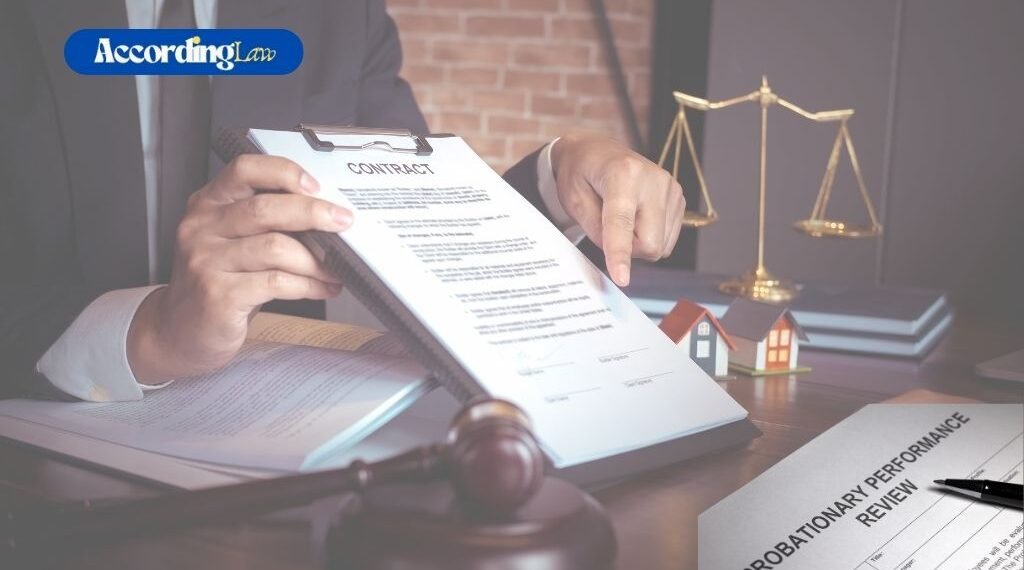Probate is the legal framework that oversees the distribution of a deceased person’s property under court supervision. Whether property is subject to probate law depends on the deceased’s financial situation and the steps they took to transfer their assets. While it’s not necessarily good or bad, many compelling reasons exist to avoid probate. For one, it takes a lot of time, sometimes over a year to complete. It’s also expensive. Include court, attorney, executor fees, and other associated costs. This blog entry explains the intricacies of probate law, outlining its application and providing guidance on safeguarding the interests of heirs and beneficiaries.
“People accumulate possessions and wealth (assets) during their lives, whether the assets are significant or modest. Everything a person acquires comprises their estate. When they wish to pass along their money, jewelry, homes, vehicles, and financial assets to loved ones and friends, they can draft a will, which is a valuable estate planning document that matches assets to beneficiaries,” says attorney Samah T. Abukhodeir of The Florida Probate & Family Law Firm.
Table of Contents
When Is It Needed?
Probate mostly comes into play when someone dies intestate (without writing a will). This means all their assets are under their name, real estate, bank accounts, investment accounts, personal property, and business interests. However, it’s not always necessary. Any property jointly owned by a spouse or another individual automatically transfers to this person upon death. The same case applies to accounts or policies that have named beneficiaries, like life insurance plans and retirement accounts. Other examples of assets exempt from probate include:
Now that you know when this legal distribution procedure comes into play, how does it unfold?
The Probate Process
The process starts once an interested party files a petition with the court. This could be anyone, such as a family member or an executor named in the will. When the owner passes intestate, the judge will appoint an administrator. This individual is often a close relative of the deceased. Next, the court will notify all interested parties by publishing a notice in the local newspaper or using other means. Interested parties often include heirs, beneficiaries, and creditors.
With all parties aware of the intention to distribute the deceased assets, the executor will now catalog the properties. Sometimes, an appraisal may be required for items with significant value. Next, all debts are settled, and if there are disputes, they are settled as well. The final step is distributing the assets to the beneficiaries and heirs.
Probate Delays
Our explanation could be more complex, giving the impression that probate is straightforward. It’s not. Several things can delay it:
These delays can frustrate the beneficiaries waiting to receive their inheritance and increase the estate’s administrative costs. Many people prefer to avoid probate altogether for this and many other reasons. The easiest way to do this is to plan for your estate with the help of a qualified lawyer. Here are some of the options you can use to avoid probate:
These strategies require planning and legal guidance to ensure they are done correctly and comply with state laws. It is essential to work with an experienced lawyer who will perform all the necessary steps to plan your estate.
We hope you understand probate, when it is used, and how you can avoid it by now.


